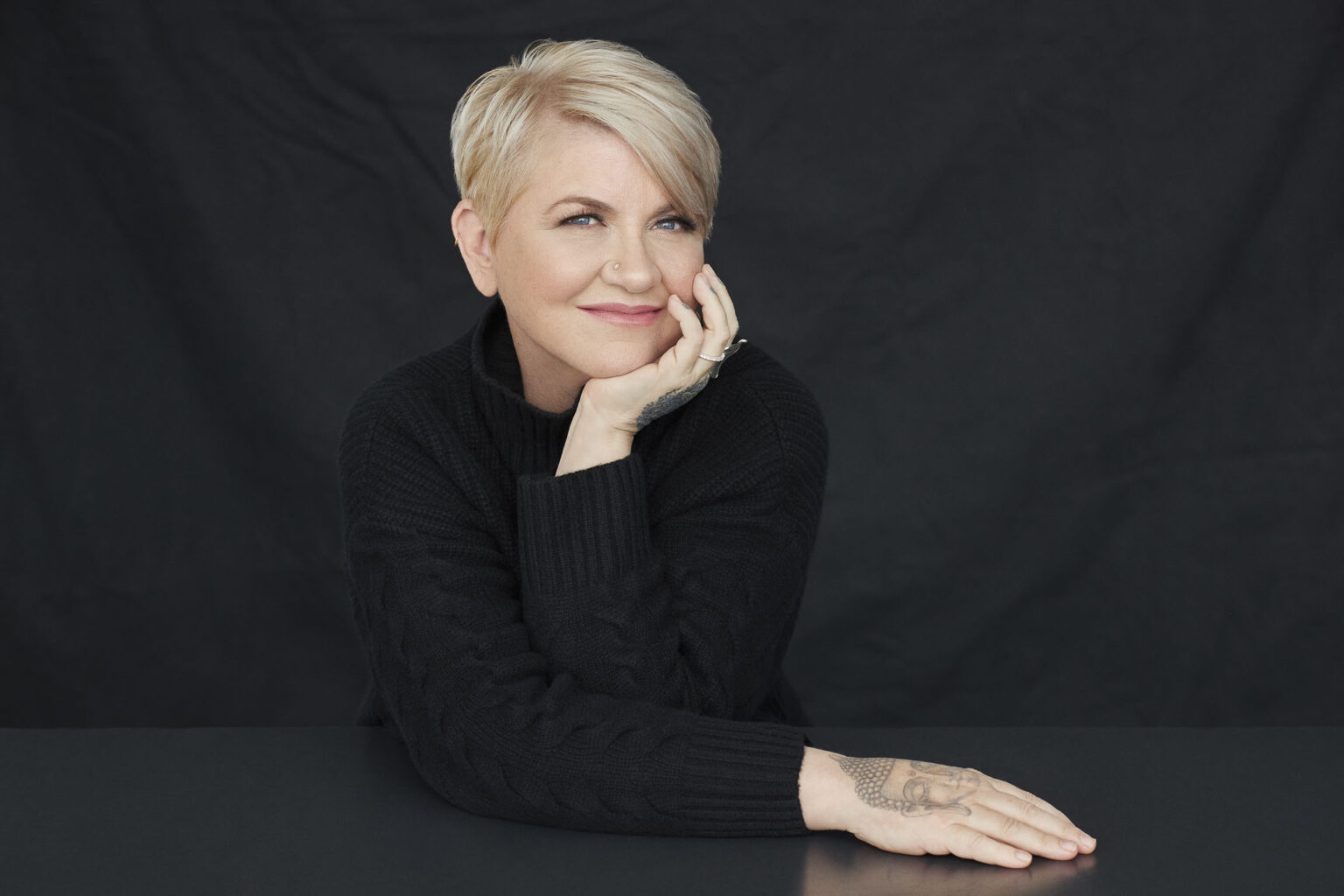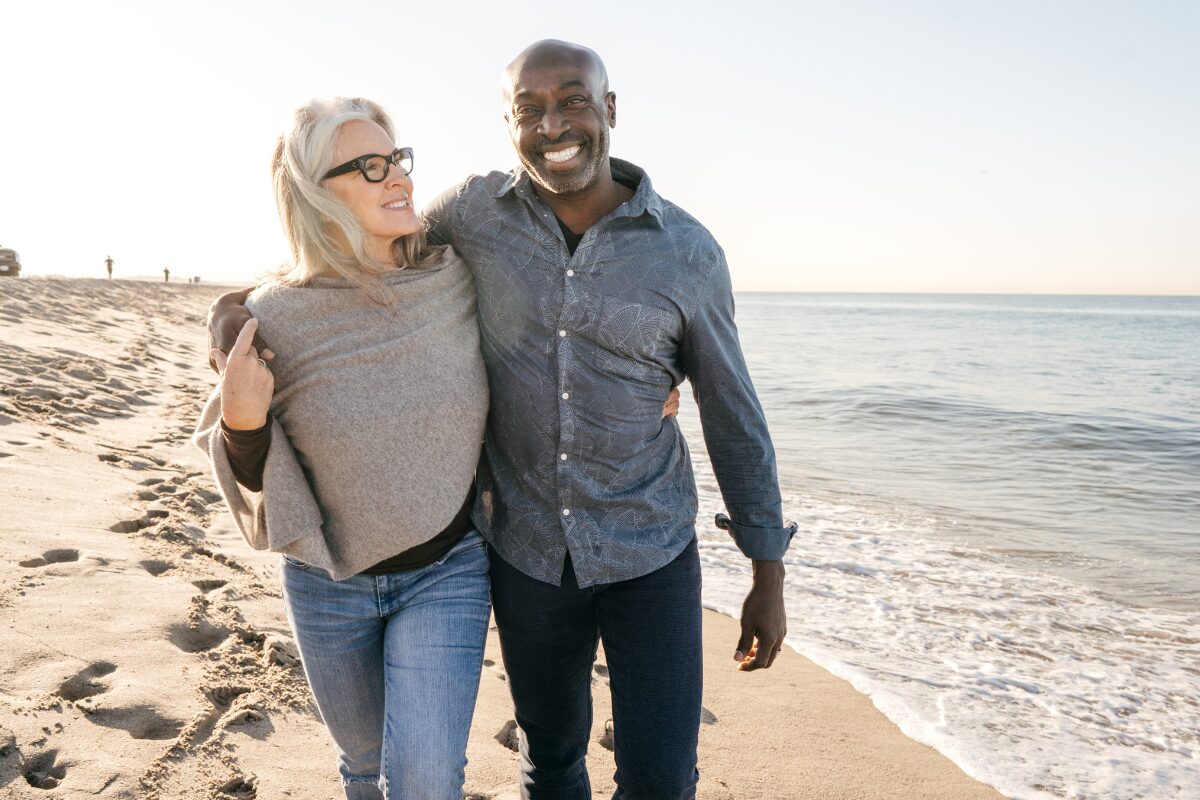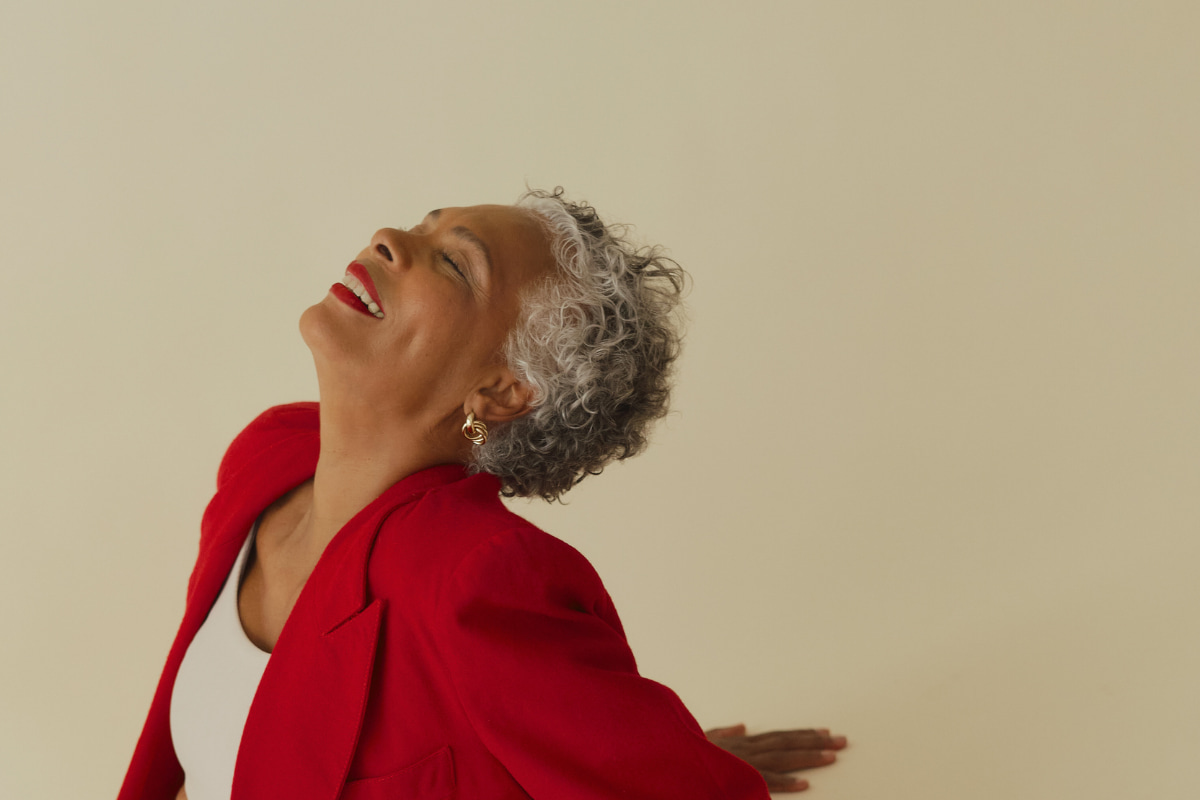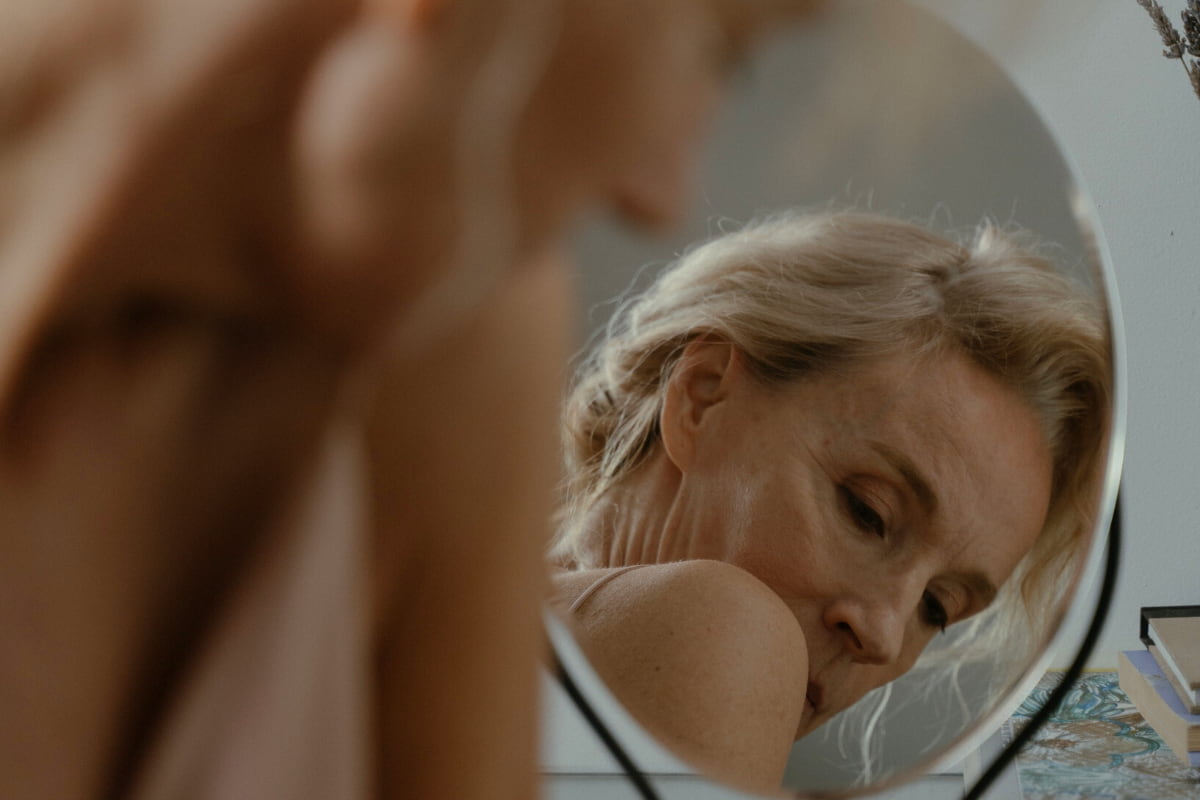Interview with a Sex Therapist

Many women experience changes to their sex drive usually starting in perimenopause. Some women say they enjoy sex more. Others report lower sex drive or libido and/or experience physiological changes like vaginal dryness or pain with intercourse that makes sex less pleasurable.
We checked in with Zoë Kors, sexologist and author of Radical Intimacy: Cultivate the Deeply Connected Relationships You Desire and Deserve, for her insights and advice around common questions from women looking to improve their sex lives in menopause and beyond.
Q: Zoë, in your experience, what are the most common reasons women over 40 seek out a sex therapist?
Most women over 40 who seek my support are dealing with a change in their sexual response from what they experienced in their 20s or 30s. Reasons can range from a lack of desire for sex, decreased sensation, diminished lubrication and general arousal, and shame about their aging bodies. There are also relational issues that affect sexuality, especially when couples have transitioned from young lovers to spouses to co-parents. We are not commonly taught to nourish all the facets of our partnership and the many roles we play for each other.
Q: Is it really possible to increase our sex drive after 50?
YES! It really is possible! Many women experience a renaissance of unparalleled pleasure and sexual freedom postmenopause. For one thing, aging out of the cultural narrative of “hot” can be liberating. Without the pressure to look/smell/taste/behave a certain way that’s only possible in our physical youth, it becomes possible to relax into the actual sensations and intimacy of sex—both partnered and solo. I often refer to this as the shift from performance to pleasure.
Q: How much sex is normal in a happy relationship?
There is no definitive answer to this question because the frequency of sex in a happy relationship can vary greatly between couples and is not a definitive indicator of the overall health of the relationship. While the common definition of a sexless marriage is once a month or less, what is considered a “normal” amount of sex can vary widely, and as long as all parties involved are happy and fulfilled, any frequency can be considered normal.
Q: What are some of the most common issues women in midlife struggle with when it comes to opening up and enjoying sex more fully?
I see these three most common challenges with women in midlife when it comes to sexuality:
- Changing Bodies—It can be traumatic to see your body aging and to feel a shift in what you’ve come to understand as your “normal” sexual response. It’s an essential Buddhist perspective that the source of all suffering is wanting things to be different than they are. This is certainly true when it comes to sex and aging. Our bodies have different needs and responses over time as a result not only of aging but of all kinds of life circumstances, like childbirth, stress, loss, etc. The good news is that there are more and more companies like Rosebud Woman or Foria emerging with products specifically designed to help women deal with changes like vaginal dryness. Accepting our body where it is, instead of where we want it to be, is the first step to unlocking more pleasure in this new life stage.
- Changing Identity—We have precious few cultural role models of sexy middle-aged women. Fortunately, this is starting to shift. The actresses who played the Golden Girls were in their 50s at the time the show was airing. The leading characters were presented as funny old ladies. We now have actresses like Diane Keaton, Meryl Streep, Helen Mirren, and Jane Fonda well into their 70s and 80s presented as vibrant, attractive, sexual beings. I often work with clients to reimagine what it means to be a sexual woman in this phase of life.
- Loss and Grief—Many women wake up in midlife to the fact that they feel like sex isn’t really for them. “Is this all there is?” is a question I hear often. We receive a litany of messages through the media, family, society, religion, and pornography about how we should look and feel about sex—that we should not want sex, that we should be sexy, that we should never need lube, that we should have vaginal orgasms, that we should be instantly turned on at the sight of a penis, or that our vulva or breasts should look a certain way. The influences on our relationship with our own bodies and sexuality are so pervasive, it’s nearly impossible to develop a healthy and organic relationship with this very tender part of ourselves. At some point, usually in midlife, most women have a realization that they don’t particularly like sex, or don’t like it as much as they thought they would. This is the opportunity to rediscover, reclaim, and reinvent our relationship with sex.
Q: How can couples experiencing mismatched sex drives get more in sync?
Desire discrepancy is normal and expected. There is no way two partners will want the same amount of sex at all times during a long-term monogamous relationship. Knowing that there is nothing “wrong” with individual preferences can help open up communication without loading the conversation up with a lot of meaning, resentment, awkwardness, blame, and shame. My best advice is to schedule sex. Stop protesting! There is a cultural myth that good sex has to be spontaneous. This is total bullshit. In fact, we pretend that we weren’t scheduling sex when we were first dating when that’s EXACTLY what we were doing. We put a date on the calendar and then enjoyed the anticipation of spending that time together without distractions. We can do the same thing all the way through the marriage. As my husband puts it, we must create opportunities for spontaneity to arise.
Q: Many women say they completely lose interest in having sex with their partners during menopause citing a wide variety of reasons from daily stress, to not wanting to deal with issues around erectile dysfunction, to being physically grossed out by them. Is there any advice you have about how to overcome feelings of sexual aversion?
Be gentle with yourself (and your partner). The onset of menopause and the symptoms it brings can be brutal. Nothing is permanent, everything changes. The best thing you can do at this time is to prioritize non-sexual pleasure as you move through your daily life. Bring your awareness to the beauty and joy all around you. Let the world penetrate you through the vehicle of your five senses. Eventually, your body will settle down and you’ll be able to inhabit it with ease and grace. When that happens, the pleasure you’ve found outside the bedroom can be transferred back into the sexual realm.
Q: What else is on your mind? Any insights that have surprised you of late, or something we’ve left out? We’d love to hear it!
Organic unfiltered coconut oil used as a lube will change your life. 😉
Zoë Kors is a sexologist, integrative somatic trauma therapist, and sought-after thought leader of intimacy and sexuality. Her book, Radical Intimacy: Cultivate the Deeply Connected Relationships You Desire and Deserve (Hachette, 2022) is available wherever you buy books. She is the resident sex and intimacy coach and contributor at sexual wellness app Coral. Zoë is the former Senior Editor and Creative Director of LA Yoga Magazine and has appeared in The Washington Post, Newsweek, Cosmopolitan, Well+Good, Bustle, and many other publications.
Sign up for more unique women’s health content
By submitting this form, you agree to the Lisa Health Privacy Policy and Terms of Use


